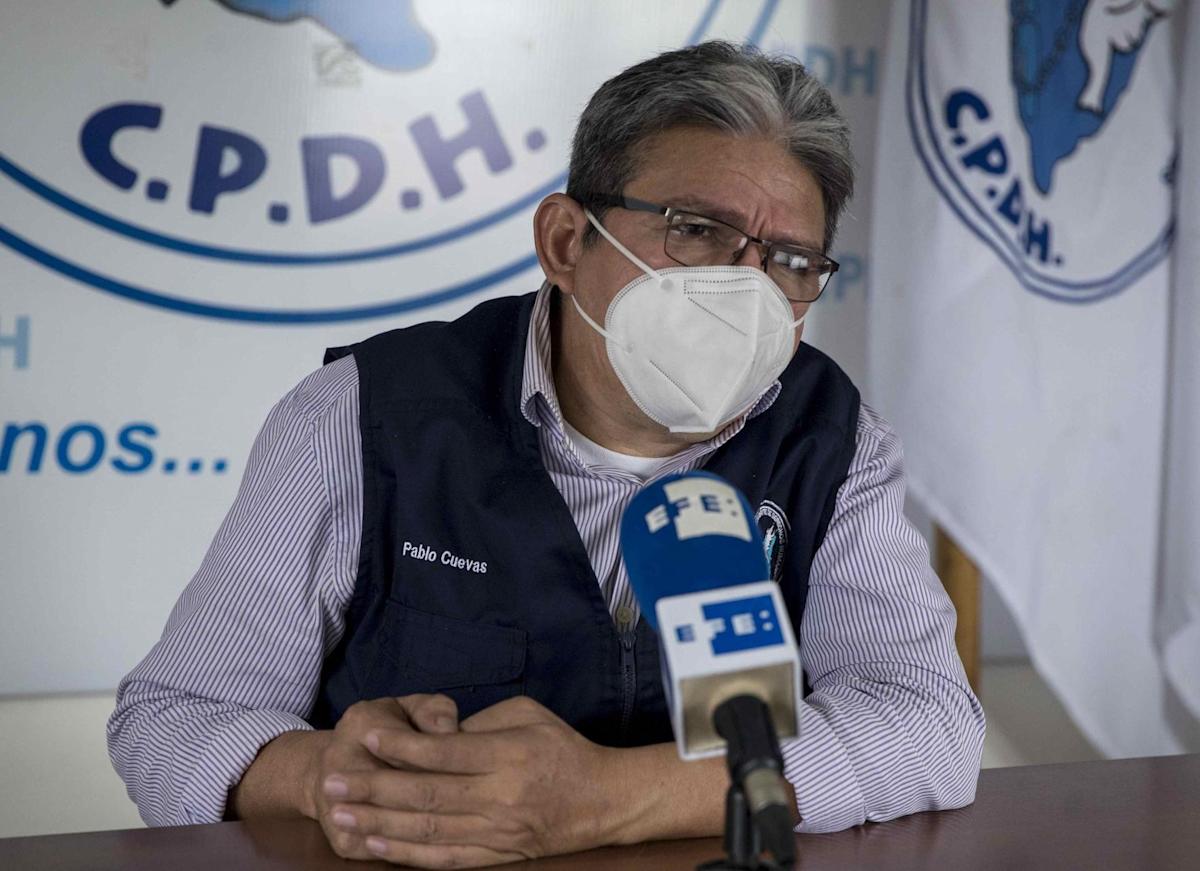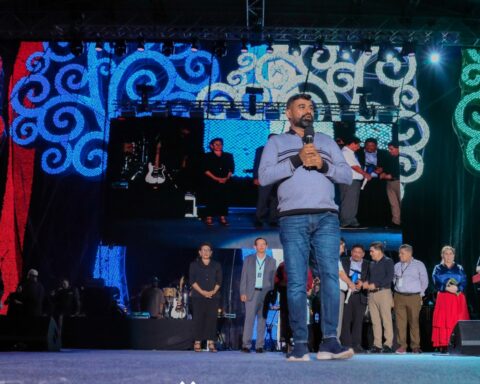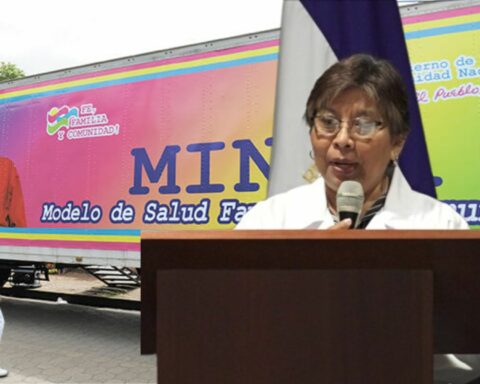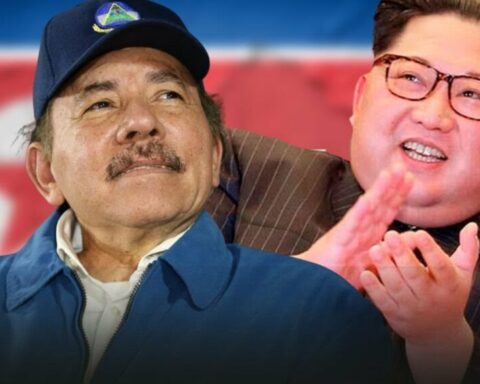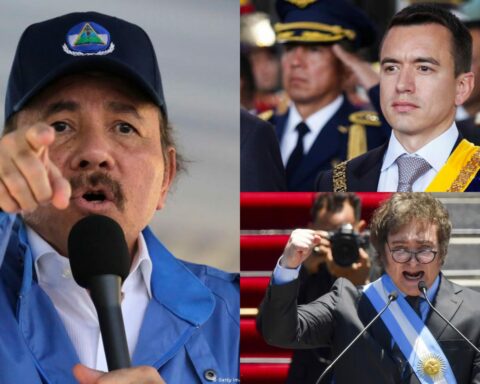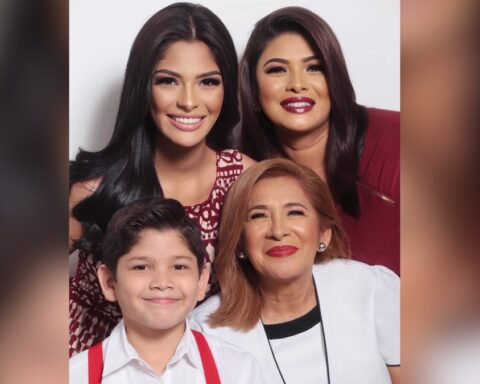Human rights defender Pablo Cuevas confirmed to CONFIDENTIAL who left Nicaragua with his family on March 8 due to a series of threats against him and to avoid being imprisoned by the Daniel Ortega regime, which in recent months has undertaken a series of trials against opposition leaders, activists and journalists convicted of alleged conspiracy to undermine national integrity.
Leaving Nicaragua was “one of the most difficult decisions of my life,” Cuevas said. “I didn’t do it for pleasure or because I was tired of seeing (defending) citizens. I did it because I am practically out of options and my family has been greatly affected due to the fact that the regime has deployed a series of actions to facilitate my capture, ”she added.
The 53-year-old defender warned that there is a civil lawsuit against him and that he was summoned by a neighbor to a police station in Managua, but he did not show up to avoid being imprisoned for his work in defense of human rights and for the release of the more than 170 political prisoners in Nicaragua.
Cuevas, who for 23 years worked as a legal adviser at the Permanent Commission on Human Rights (CPDH), reported that for several years he has been the victim of all kinds of threats, but these intensified during the second half of last year, when the regime imprisoned to more than sixty political and union leaders, lawyers, former diplomats, farmers, students, journalists and independent professionals.
On three occasions, while Cuevas was trying to recruit volunteer promoters in different parts of the country, he was abruptly intercepted by police officers, who forced him to return escorted to Managua.
“In October of last year, a couple came to the office (of the CPDH), who mentioned that they had been coerced by state intelligence agencies to end my life. In December I was threatened by a couple of police officers, and on March 4 I received a notice from people from the government telling me to leave my house because the police were going to arrest me,” said the defender.
On March 11, three days after Cuevas left the country with his family, “the police came to my house asking for me, asking for my son, they went (to ask) where the neighbors were” and even to the house of his in-laws, he added.
Pablo Cuevas: I will continue to defend the victims
Cuevas assured that his immigration status has not yet been defined, but he announced that he will continue to develop his work in defense of human rights and that he is in the process of setting up an organization that can support Nicaraguan migrants who are unaware of the procedures to legalize their stay. in other countries, such as Costa Rica and the United States, when requesting refuge.
The defense of the human rights of Nicaraguans “does not end here” in exile, warned Cuevas. “This is a new chapter of my life in defense of citizens,” she added.
The persecution of human rights defenders is part of the repressive escalation of the Daniel Ortega regime in Nicaragua. Previously, they were forced into exile: the legal team of the Nicaraguan Center for Human Rights (Cenidh), who founded the Nicaragua Nunca+ Human Rights Collective in Costa Rica; the directors of the Nicaraguan Association for Human Rights (ANPDH), who continue to work in Costa Rica; and Criminal Action.
Meanwhile, in Nicaragua, the Permanent Commission on Human Rights (CPDH) is battling against a series of legal obstacles imposed by the Ministry of the Interior (Migob), which —among other things— refuses to receive the information financial of the NGO.
Organizations such as the Ombudsman, which in 2019 defended political prisoners in the regime’s courts, also remain inactive due to the scale of repression against them.
In 2018, the Ortega regime canceled the legal status of Cenidh and confiscated its facilities. It also expelled from the national territory the representation of the Office of the United Nations High Commissioner for Human Rights (OHCHR), the Inter-American Commission on Human Rights (IACHR) and the Interdisciplinary Group of Independent Experts (GIEI), who were investigating the Government repression of protests against him.

